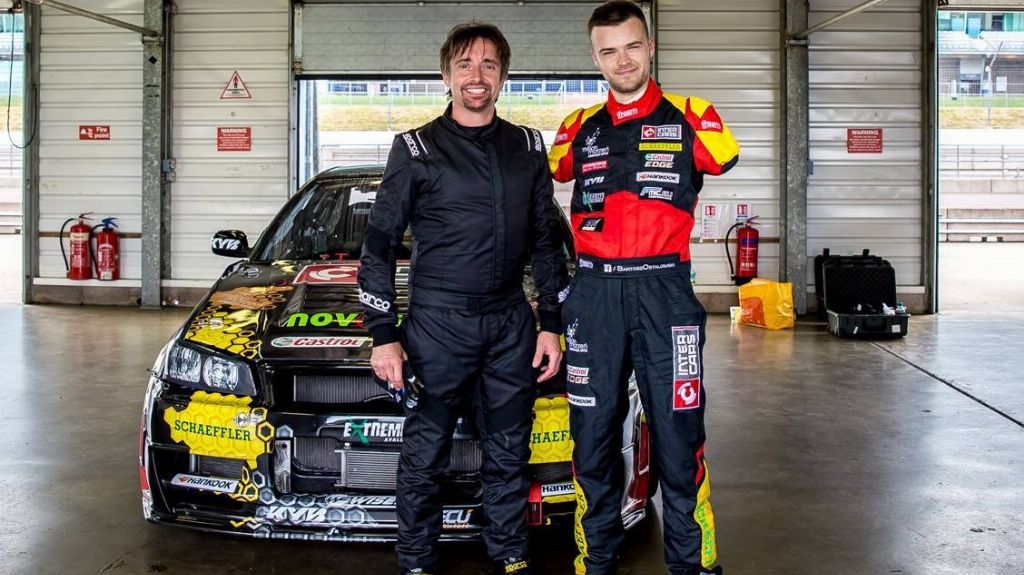Najpopularniejsi sportowcy

Wiadomo nie od dziś, że sportowcy to osoby medialne, a na ich wizerunek wpływ mają nie tylko osiągane wyniki ale również to w jaki sposób prezentują się w sieci. Media społecznościowe to dziś okno na świat, sposób na zdobywanie informacji i wyrabianie własnych opinii, a także kontakt z fanami. Portal www.parasportowcy.pl przygotował najnowszy ranking popularności sportowców z niepełnosprawnościami, według, którego zwycięzcą i zdecydowanym liderem w mediach społecznościowych jest nasz kolega Bartosz Ostałowski. Jedyny, profesjonalny kierowca, który w imponujący sposób prowadzi samochód stopą. Bartosz w wyniku wypadku stracił obie ręce, jednak to nie powstrzymało go od spełniania marzeń. Poniżej przedstawiamy czołówkę rankingu:
1. Bartosz Ostałowski - sporty motorowe (44224)
2. Natalia Partyka - tenis stołowy (44121)
3. Rafał Wilk - kolarstwo (19952)
Gratulujemy liderom rankingu.
Zachęcamy również do obejrzenia video o Bartoszu Ostałowskim, z którego dowiecie się więcej na temat jego niesamowitej historii!
https://www.youtube.com/watch?v=KPlzvYbEBxM
1714184290 | Źródło: disabled-world.com
©Hachi S.A.